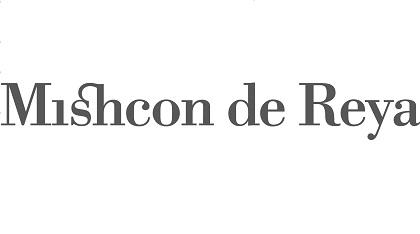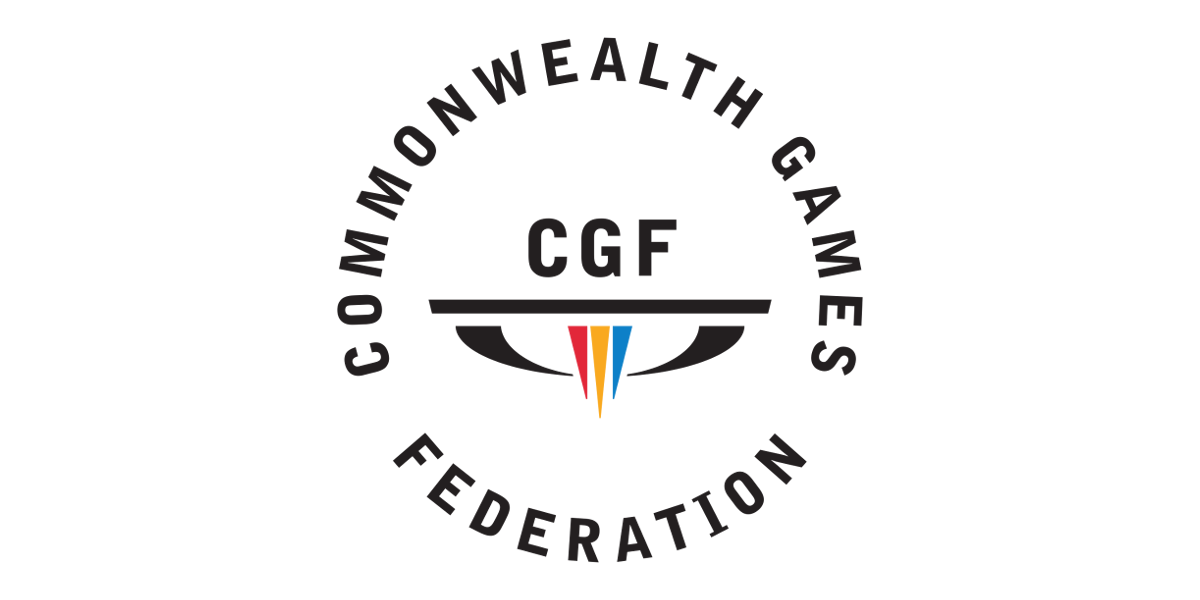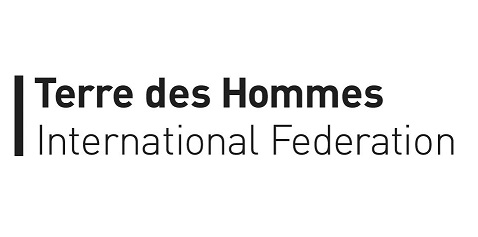Beyond the Field of Play, in association with Mishcon de Reya aimed to educate and replicate current best practices of leadership in and out of the world of sport, as well as produce effective and tangible recommendations to NGBs and International Federations on how our sector can move forward in a more socially and economically responsible environment.
Beyond the Field of Play
Summary
The day opened with René Carayol setting the tone for the day, asking the Beyond Sport audience ‘What does responsible leadership look like?’
Former FEI President, HRH Princess Haya Bint Al Hussein took to the stage for the maiden keynote to bring context as to the importance of the gathering. She said:
“We have a responsibility to ensure that in 2015 sport continues to be powerful, relevant, valued and credible and most importantly properly governed. Sport must be that force for good which people can look up to.
“In order for sport to reach its full positive potential those who govern must guide and direct it. Public trust in sports governance must be re-established; we will have to work very hard to achieve that because it is plain for us all to see that better, responsible governance is key.”
The first session of the day was led by Alastair Campbell, who looked to discuss how sports organisations can better tell their story and why this is important in becoming a leader in the industry.
Alastair Campbell asked the audience who they thought had good reputations, from the Queen to David Beckham, drawing conclusions and comparisons. The key outcome was how to best convey your strategy to the public, what you’re going to do and how you’re going to do it, to build a good reputation, saying: "You need to have three things; strategy, leadership and team-ship."
Facilitator, René Carayol addressed panellists Alastair Campbell; CEO Commonwealth Games Federation, David Grevemberg and Chairman of Vero Communications, Mike Lee OBE on transparency and good governance in sport. David Grevemberg thought that sport was at a crossroad:
“We are definitely at the crossroad in sport right now, high performance is dependent on everyone’s focus and that’s how it’s measured and that’s important. However, sport has made enormous claims over the past several years focused on its social values and social impact.
“Going beyond high performance, high impact is something sport is going to be faced with and I think that is where we are today. Sponsors are going to increasingly be looking at what is our reach, and do we make people feel good.”
After an interval, Emanuel Macedo de Medeiros discussed why and how sporting organisations reputations can benefit from financial transparency and responsible governance across all tiers of leadership. Having strong views on the current global approach to good governance in sport – making for an interesting debate.
After addressing the audience, it was Emanuel’s turn on the panel. Damian Collins MP and President of ASOIF, Francesco Ricci Bitti also joined to debate on reputation building through transparency and good governance. With Damian Collins MP feeling that some bodies felt they were above the law:
“Some sports bodies are run by people who feel they are above international law ...the only way to save FIFA is through an Independent Reform Commission.”
It was then the turn of the audience to discuss in small groups the challenges and solutions explored in the morning’s session, with the help of the expert facilitators.
Members of the groups discussed their own issues and potential recommendations on how they can take what was said on the stage and put it into action within their own organisations.
The Minister of Sport, Tracey Crouch MP was the first speaker after a lunch break, speaking about how the power of sport can changes lives, with the need for good governance in the sector. Highlighting sport for development, she said:
“Sport transcends politics, language and cultural barriers. We see it at home with, for example, police led initiatives. Overseas, UK-driven initiatives are also having a positive impact. Programmes such as ‘International Inspiration’, part of London’s 2012 international legacy - reached over 25 million children and young people in 20 countries, using sport to change lives for the better”
“I need the whole industry and all the leaders within it to work together. Everyone in this room will help me deliver a more joined up approach to sport and physical activity.”
It was then up to Sir Keir Starmer MP to deliver his discussions on human rights, looking at the key challenges sporting agencies, governing bodies and bidding cities are facing around participant, working and community rights. He asked, ‘what is the role the sport industry can and does play in this important issue?’
Chair of Women in Sport, Sally Hancock; Executive Director, Institute for Human Rights and Business, John Morrison and Secretary General, Terre Des Hommes Ignacio Packer took to a panel, debating human rights and sport, expanding on Sir Keir’s earlier speech.
John Morrison – “It’s strange why the IOC has not included human rights in the bidding round for host cities. There should be no more fatalities to come from building structures for the Olympics. We’ve talked about it for decades and we are now reaching a point that we can start to see some action.”
Sally Hancock – “Countries who claim to uphold the Olympic charter but then do not uphold these rights in their own country, this has to be challenged.” – discussing how some countries have banned women from participating in sport yet still are represented at the Games eg. Saudi Arabia.
After a networking break, Beyond Sport founder & CEO, Nick Keller facilitated a panel between Global Head of Global Sponsorship and Partnerships at Barclays Nathan Homer; Senior Director of Public Affairs & Sustainability, National Hockey League, Omar Mitchell and Programme Director, Forward Institute, Ruth Turner on shared value.
Omar Mitchell thought credibility was key:
“Credibility is key to any shared value model. You have to reflect & find out what is meaningful to you.”
The audience were then called upon to share their own issues on the afternoon’s panels and speakers’ remarks before the final action of the day, where the room shared their views and gave ideas about best practice to other members of the auditorium.
On the Beyond the Field of Play event event, Nick Keller said
“Beyond the Field of Play has proved to be an informative and insightful event, which has produced tangible recommendations to NGBs and International Federations on how the sector can move forward in a more socially and economically responsible environment.
“Sport can have a positive impact but only if it leads with integrity. Good governance is vital if sport is to reach its potential as a catalyst for social change and I am heartened by what has been discussed at today’s event as it shows there is a genuine desire from those who work within the industry to drive for reform.”
-
Beyond Rugby, powered by BT
19 October 2015 City Hall, London
Beyond Rugby is a continuation of a conversation to create a more proactive community to...
-
Beyond the Barriers
19 October 2015 Grange Hotel, St Paul's
Beyond the Barriers, powered by 2nd Chance Group was a full-day event exploring the role...









